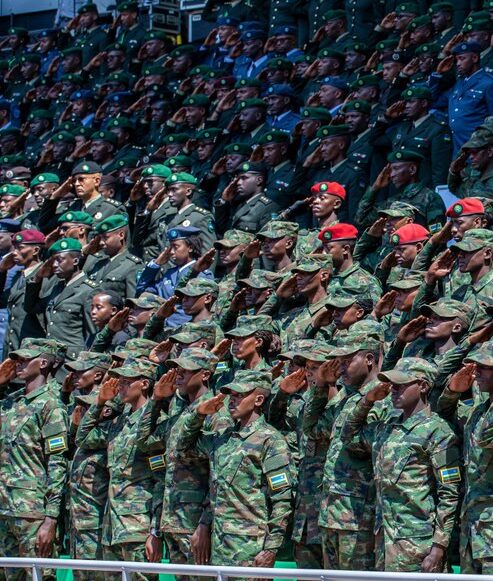On June 27, 2025, a historic peace agreement was signed between the Democratic Republic of the Congo (DRC) and Rwanda in Washington, DC, marking what many hope will be a turning point in one of Africa’s most enduring and devastating conflicts. United Nations Secretary-General António Guterres welcomed the accord, which was brokered by the United States and Qatar, and expressed optimism that it could pave the way for lasting stability, security, and prosperity in the Great Lakes region.
A Long-Awaited Breakthrough
The peace deal comes after years of hostilities that have left thousands dead and millions displaced in eastern DRC, a region plagued by violence since the aftermath of the 1994 Rwandan genocide. The conflict has been fueled by the presence of over 100 armed groups, including the Rwanda-backed M23 rebels, who earlier this year captured major cities and resource-rich territories in North and South Kivu. The violence has resulted in a humanitarian crisis described by the United Nations as one of the most complex and severe in the world.
Key Provisions of the Agreement
The agreement, signed at the US State Department by the foreign ministers of both countries, contains several critical provisions:
- Ceasefire and Territorial Integrity: Both nations have pledged to respect each other’s territorial integrity and cease all hostilities.
- Disengagement and Disarmament: The deal calls for the disengagement, disarmament, and conditional integration of armed groups operating in eastern DRC, with a specific mechanism to monitor and verify the withdrawal of thousands of Rwandan troops within three months.
- Joint Security Mechanism: Within 30 days, a joint security mechanism will be established to oversee the peace process and ensure compliance.
- Regional Economic Integration: Within 90 days, the two countries will initiate a framework for regional economic integration, aiming to attract billions in Western investment to the mineral-rich region.
- Return of Displaced Persons: Commitments have been made to facilitate the safe, voluntary return of refugees and internally displaced persons, reaffirming the importance of humanitarian considerations.
International and Regional Reactions
Secretary-General Guterres, along with US and Qatari officials, hailed the agreement as a significant diplomatic achievement. US Secretary of State Marco Rubio called it “an important moment” and emphasized the potential for peace and economic development. Congolese President Félix Tshisekedi’s office described the deal as the most significant diplomatic success in over three decades.
However, the agreement has not been without its critics. Former DRC President Joseph Kabila and other skeptics have questioned the thoroughness of the accord and whether it addresses the root causes of the conflict, particularly the role of the M23 militia, which was not directly involved in the negotiations. There are concerns about the lack of specific details and the challenge of integrating or neutralizing numerous non-state armed groups.
Challenges Ahead
While the peace deal brings renewed hope, its implementation will be fraught with challenges. The M23 rebels, who have been at the center of recent escalations, have indicated that they do not consider themselves bound by the agreement. The region’s complex web of armed groups, ethnic tensions, and competition over valuable minerals such as coltan, cobalt, and gold further complicate the path to lasting peace.
Moreover, the agreement’s success will depend on the political will of both governments, the cooperation of local communities, and sustained international engagement. The promise of increased Western investment and the potential for economic development could act as incentives for both sides to adhere to the terms, but the risk of renewed violence remains if underlying grievances are not addressed.
A Cautious Optimism
Despite these uncertainties, the Washington peace accord represents a rare moment of optimism for a region long mired in conflict. Secretary-General Guterres’s endorsement underscores the international community’s hope that this agreement will mark the beginning of a new era for the DRC, Rwanda, and the wider Great Lakes region. As the world watches, the coming months will be critical in determining whether this diplomatic breakthrough can translate into real and lasting peace.

